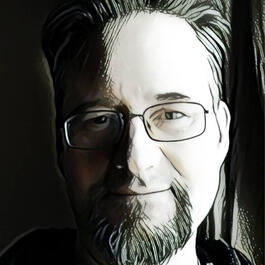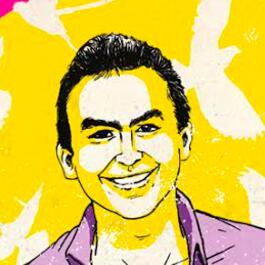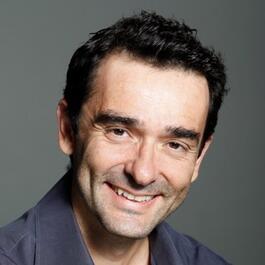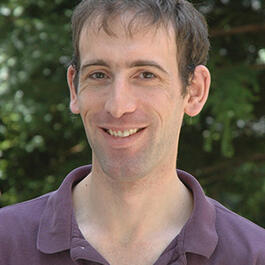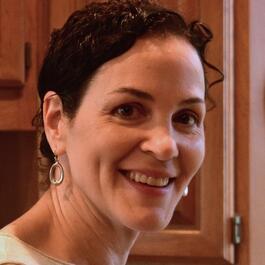The Padverb Podcast with KMO
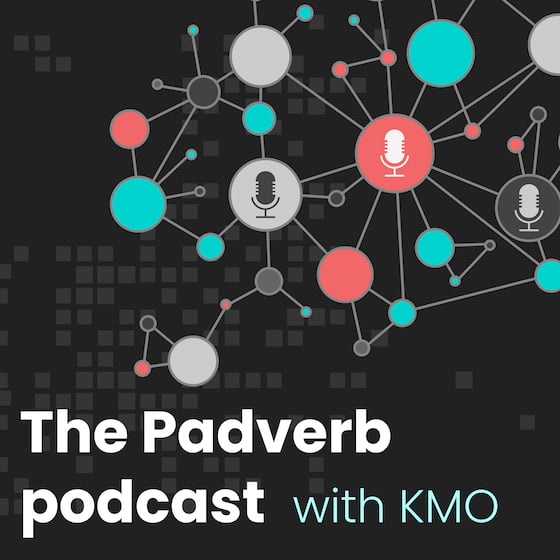
How does new knowledge come into existence? Why do some ideas in science, technology, and culture spread and get adopted quickly, while others languish or fade away? Can data help us paint a fuller picture of innovation and progress? Are computers our allies or potential rivals?
The Padverb Podcast with KMO explores the interplay between technology, innovation, communication, and cognition, and examines the role knowledge networks and data-driven technologies play in helping progress along.
Our guests are interdisciplinary thinkers and innovators who have harnessed the creative power of combinatorial thinking. Some call them "dot connectors," others – "new knowledge synthesizers." We like to think of them as philosophers of the networked age.
Would you like to join the discussion? If so, please subscribe to our Telegram channel and share your comments! You can also suggest yourself as a guest by filling out the brief form below.
